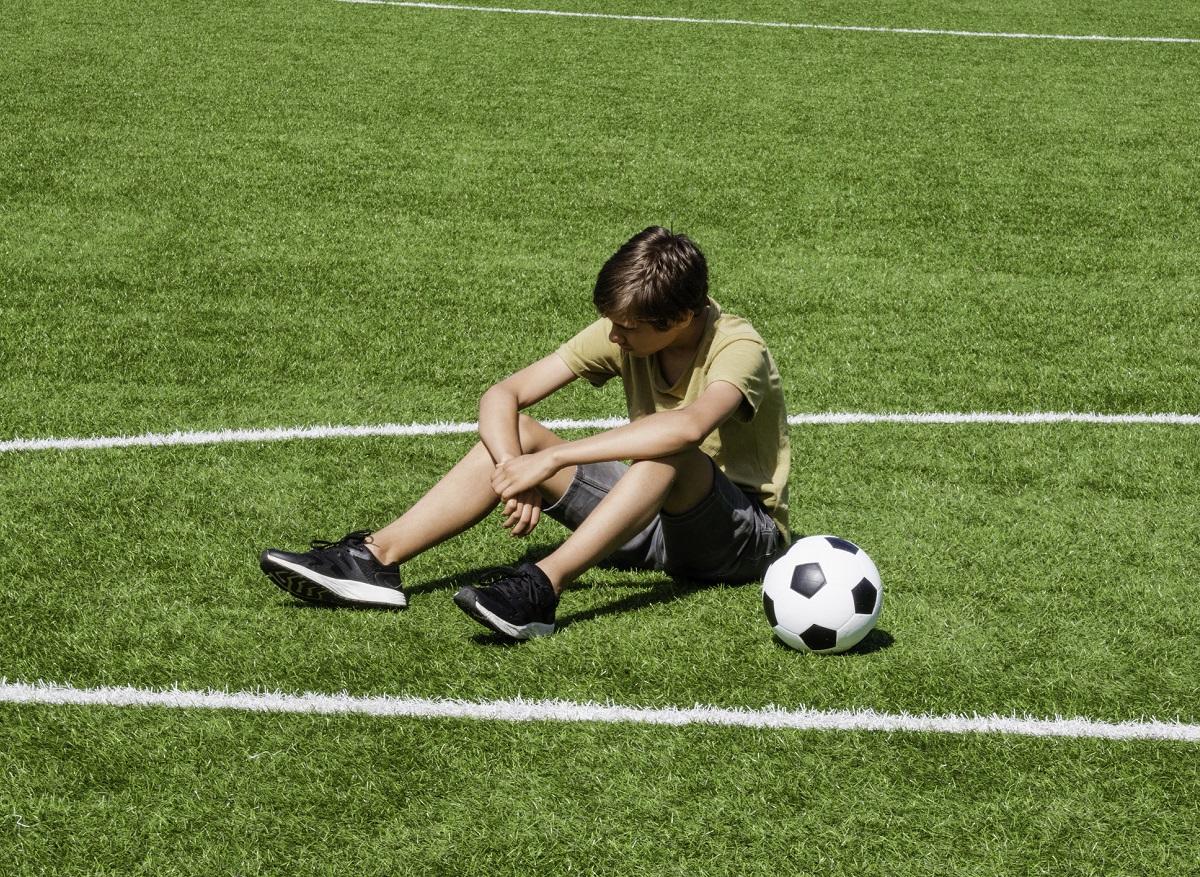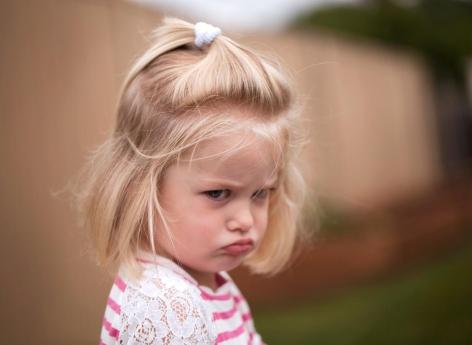Teenagers who share a strong bond with their mother are less likely to enter an abusive relationship in their lifetime, even when the mother has a conflicted marriage.
-1572887215.jpg)
The bond that unites a mother to her children is essential. According to the results of a study conducted by researchers at the University of Buffalo, it could be decisive for the construction of adolescents’ relationships once they reach adulthood. According to the results published on 1er November in the Journal of Interpersonal Violence, teens who share a strong, positive bond with their mothers during their teenage years avoid violent relationships later in life. This can happen even if the mother herself has been in a conflicted relationship.
For the purposes of the study, more than 140 adolescents whose parents were married or living together at the time of their birth were interviewed. Jennifer Livingston, senior researcher and associate professor at the University of New Brunswick’s School of Nursing, says previous research has shown that adolescents who are exposed to two conflicting marriages at a young age are at greater risk. to experience violence in their romantic relationships, but the new study found that the child’s relationship with their mother serves as a buffer, potentially fostering the teen’s sense of self-worth.
A relationship where the teenager feels loved
For Jennifer Livingston, the relationship parents share with their teens helps shape children’s process about themselves and others. They develop a sense of worthlessness and feel unlocked when their primary guardian is violent or inconsistent. However, positive parenting, characterized by acceptance and warm support, helps children form positive inner working models worthy of love and respect.
Self-esteem and love help children develop interventions that prevent them from being sexually, physically and emotionally abused in a relationship. Jennifer Livingston, who is also a faculty member of the Clinical and Research Institute of Addictions (CRIA) at the University of New Brunswick, says more than 30% of teens experience some form of from a romantic partner.
During the study, the researchers looked at families in which at least one parent, especially the father, had a drinking problem, as there is a direct link between father’s alcoholism and family dysfunction. According to Livingston, although alcoholism in one parent has not been directly linked to adolescent dating violence, children who grow up in families where one parent has problems are at greater risk of marital conflict and difficult parenting than children from non-alcoholic families.
“It is clear that not all children of alcoholic families are involved in dating violence, suggesting that there are also protective factors at play. These protective factors need to be identified to advance efforts prevention,” says Jennifer Livingston.
The participants who responded to the surveys were high school students in second, first or terminal. They reported on their exposure to conflict between their parents, their perception of their relationship with their mother, and any involvement in dating violence. Researchers found that children whose mothers’ parenting behavior was positive were less likely to experience dating violence in adolescence, even when the level of conflict in their parents’ marriage was high.
The influence of parents remains to be clarified
However, the mother’s lesser warmth, responsiveness and support failed to mitigate the adverse effects of marital conflict on her children.
“The joint influence of parent-to-parent conflict and mother-child interaction suggests the need for a multipronged intervention approach that promotes communication and conflict resolution in marriage and positive parenting behavior with parents. children,” says Jennifer Livingston.
“I’ve found that parents who learn effective conflict resolution skills pass it on to their children, which ultimately impacts their relationships throughout their lives. The ability to resolve conflict can also reduce stress and allow parents to better meet their child’s needs,” concludes Jennifer Livingston.
In the future, further studies may be conducted to determine the effect of marital conflict on male and female children, and whether the protective effects of positive parenting behavior persist if the mother is the alcoholic parent.
.















